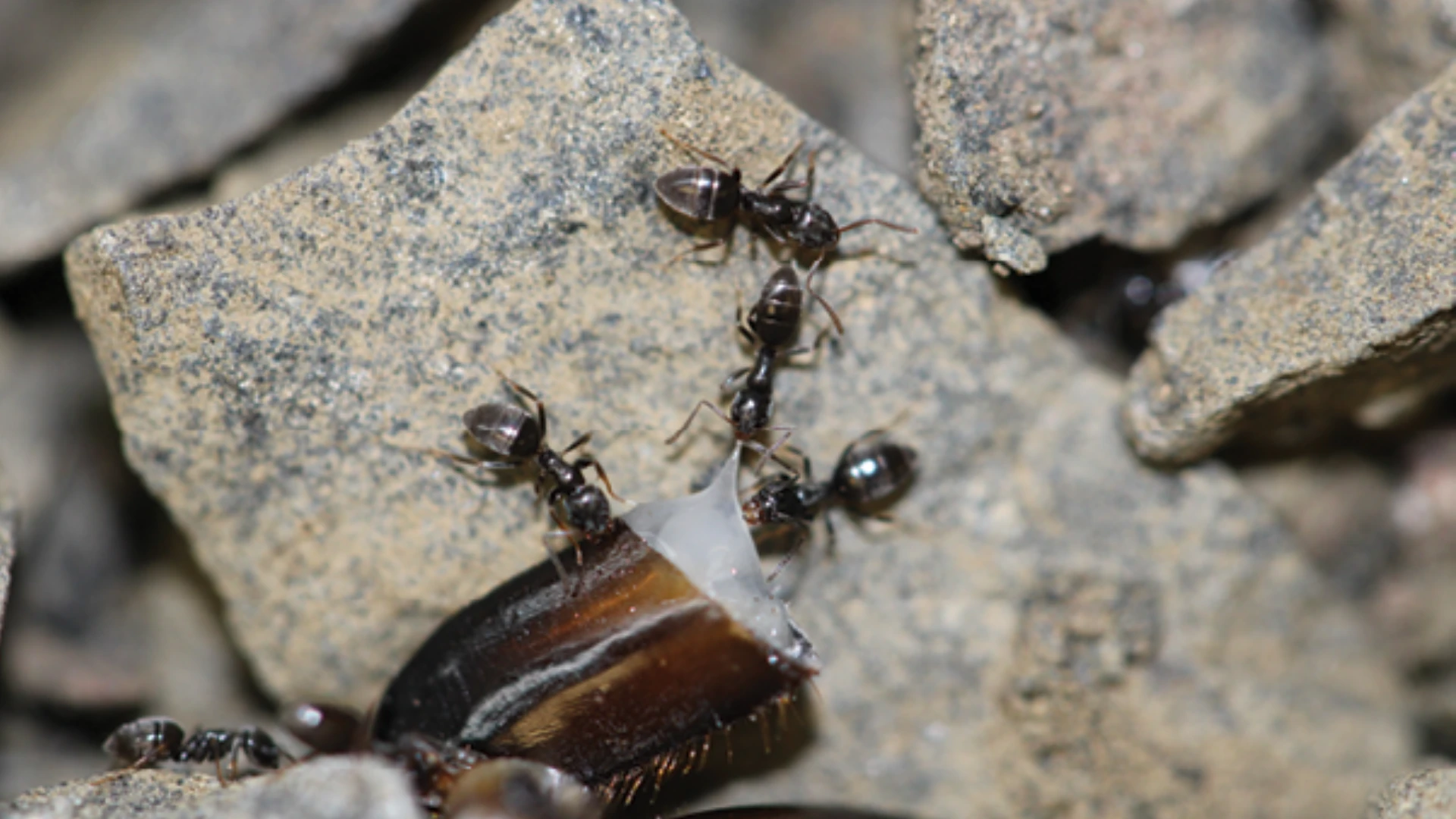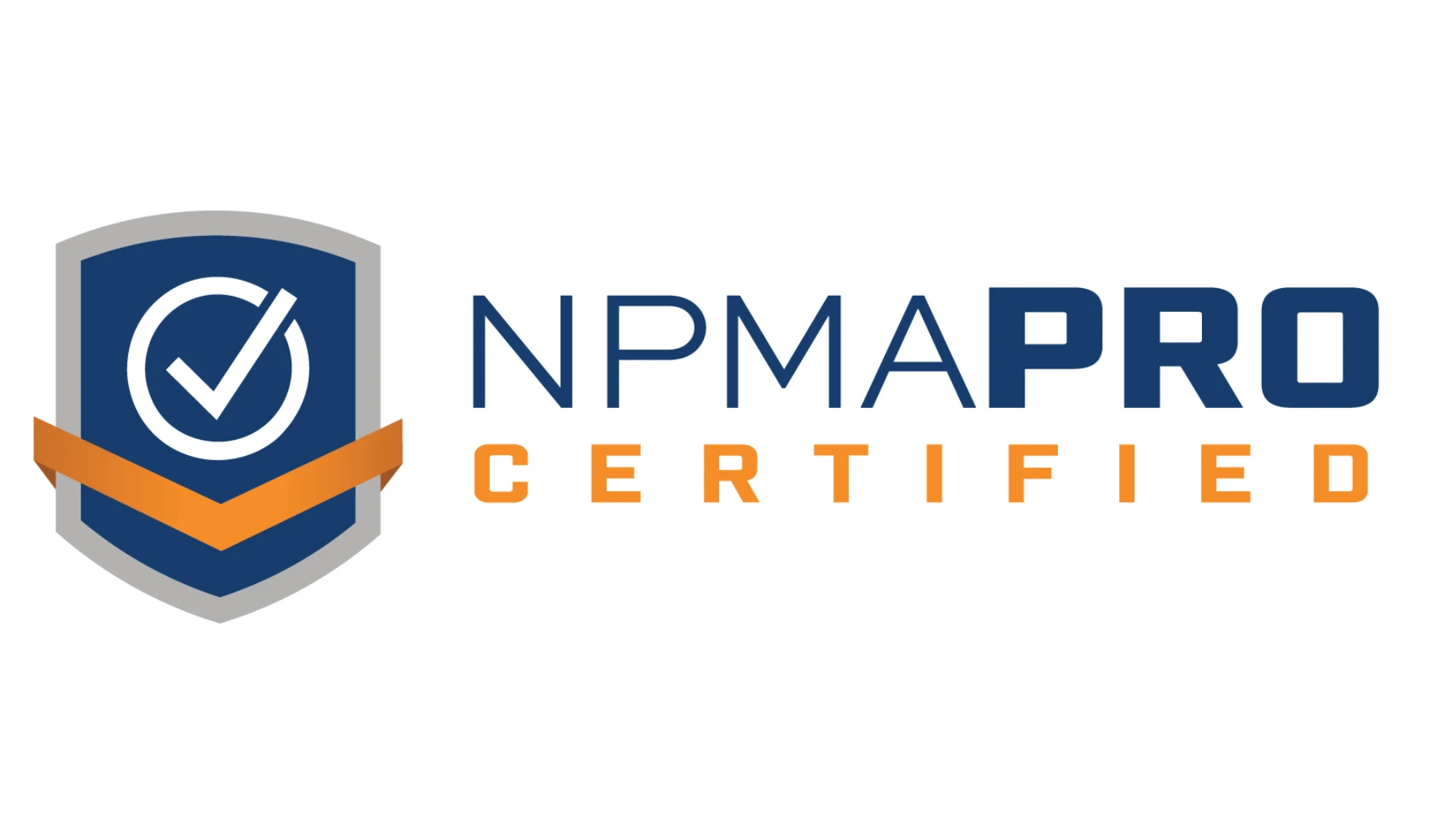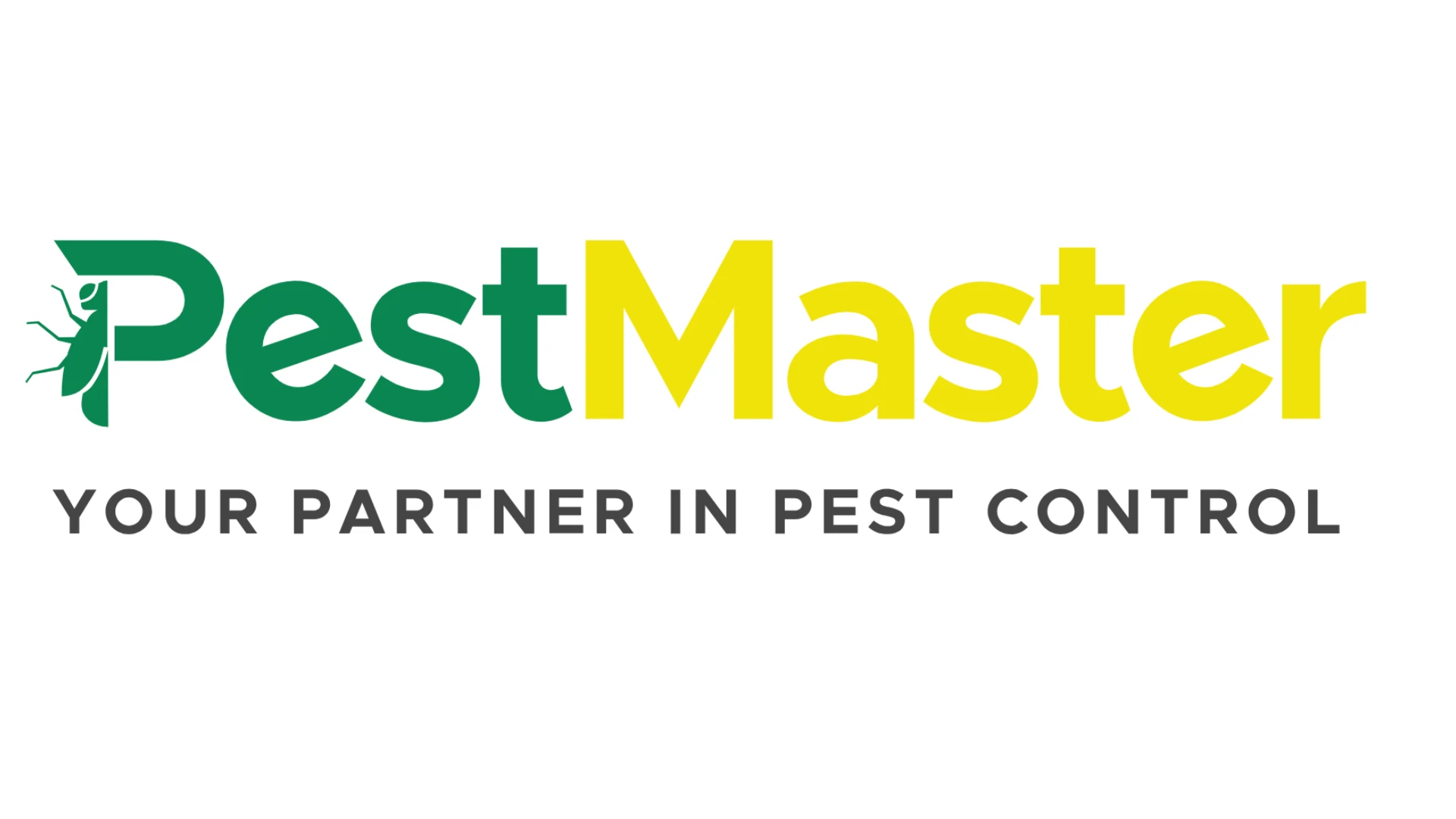The Federal Trade Commission (FTC), created by an act of Congress in 1914, is one of the most powerful regulatory organizations responsible for overseeing American business. Not only does the FTC enforce various federal antitrust, consumer protection and advertising laws, but it can also adopt standards that have the force of law.
The FTC states its mission as ensuring the “nation’s markets function competitively,” as well as enhancing the smooth operation of the marketplace “by elim-inating acts or practices that are unfair and deceptive.”
Earlier this year, in one such consumer protection action, the FTC forced Jenny Craig Inc., a company that offers weight loss programs, to change advertising that the FTC found deceptive. The commission charged the company misled consumers regarding the effectiveness of its programs and the fees customers would have to pay.
And while weight loss and termite control may seem worlds apart, the words “the company misled consumers regarding the effectiveness of its programs” sound eerily familiar to those being used to describe the FTC’s investigation into the termite control market.
Furthermore, the FTC’s investigation into Jenny Craig was not the first in the weight loss industry. According to an Associated Press report, the agency “has lodged deceptive advertising complaints against a long list of commercial weight-loss companies.” In 1993, three other weight loss companies settled FTC charges, and the FTC has also investigated numerous diet product manufacturers. In October, the FTC reached a settlement with Weight Watchers International as result of an FTC investigation into the company.
The FTC’s investigation into the diet industry is a clear indication that once the commission sets its collective mind to correcting consumer fraud in a particular industry, it does not give up until satisfied.
In recent years the FTC has with increasing regularity teamed with state officials to conduct its investigations, as is the case with its investigation into termite control. Most recently, the FTC and a multi-state coalition investigated and took corrective action against Toys R Us and four major toy manufacturers. The FTC in conjunction with 36 other states filed a lawsuit against the toy retailer for allegedly fixing prices.
Because of the FTC’s far-reaching powers, the practices and industries it investigates are typically widespread and varied. For example, the FTC has most recently made headlines for investigating or taking action against investment scams, a chain of eye care companies which claimed a new procedure permanently cured vision deficiencies, Internet scams, the tobacco industry, the telemarketing industry and companies claiming “Made in the USA” status for their products.
WHAT PROMPTS AN INVESTIGATION? There are a variety of situations that can prompt the FTC to conduct an investigation. “Letters from consumers or businesses, Congressional inquiries, or articles on consumer or economic subjects may trigger FTC action,” according to the agency. It is speculated that the FTC was prompted to investigate the termite control industry after being approached by certain state attorneys general, as well as the collective “weight” of various media reports and legal actions surrounding termite control practices throughout the last several years. The FTC has stated that the investigation did not, however, arise due to consumer complaints.
Information about ongoing investigations at the FTC are not made part of the public record, and when PCT contacted a FTC spokesperson, she refused to comment on whether an investigation into termite control was indeed underway. However, a representative from the Kentucky Attorney General’s Office confirmed Kentucky was “participating in a joint partnership inquiry between the Federal Trade Commission and the appropriate enforcement offices of 22 other states into the status of termite extermination services throughout the United States.”
|
WHAT CAN THE FTC DO? Historically, an FTC investigation begins with information gathering and then progresses to an enforcement stage. During the investigation phase, the agency can request a variety of information. Their investigative authority allows them to obtain such things as purchasing records, sales records, real estate documents, promotional literature and even depositions. The agency can also hold investigational hearings and conduct interrogations under sworn testimony.
When it comes to enforcement, the FTC also has many options. If the FTC believes a company or companies are conducting practices that are deceptive, the agency may attempt to “obtain voluntary compliance by entering into a consent order with the company,” according to the FTC. “A company that signs a consent order need not admit that it violated the law, but it must agree to stop the disputed practices outlined in an accompanying complaint.” For instance, if the FTC determined a PCO’s termite contracts were deceptive, they could ask the PCO to voluntarily change his or her contract, while not punishing the PCO for violating any consumer protection law. When it comes to the potential punishment the FTC can levy, consent orders are the least punitive and least unpleasant option.
The FTC also can issue an “administrative complaint” against a company, which in effect is like filing a lawsuit against the company. If such a complaint is levied, “a formal proceeding that is much like a court trial begins before an administrative law judge: evidence is submitted, testimony is heard and witnesses are examined and cross-examined.” If the company is found to be in violation, they can be ordered to cease the deceptive practices. After being found “guilty,” other punitive actions can also be taken against the offending company to redress wronged consumers.
Decisions in these administrative trials can be appealed all the way to the U.S. Supreme Court, although it is not likely a trial would make it this far along the judicial hierarchy.
Finally, if the FTC “finds evidence of unfair or deceptive practices in an entire industry,” it can set standards for the particular industry that have the force of federal law. These industry standards are called Trade Regulation Rules. While some industry insiders have indicated that the FTC may be exploring such an option in its investigation of the termite control industry, most agree this would be an unlikely step.
Though the FTC may stop short of issuing Trade Regulation Rules for the termite control industry, there are other “non-punitive,” industry-wide measures they may take. For instance, since 1992 the commission has published it’s “Green Guides,” which provide consumers and advertisers guidance when judging the legitimacy of marketing claims such as “environmentally preferable,” “non-toxic” and “ozone friendly.”
In 1993, the FTC’s Bureau of Consumer Protection, the same division involved in the investigation into termite control, issued a consumer guide, Lawn Service Contracts: fast facts, regarding lawn service and lawn service contracts. The 1,000-word document answered questions such as: How do you choose a lawn care service? and What should you look for in your contract? The document suggested consumers, “find out if the work is guaranteed…know what the guarantee includes and excludes, and how long it lasts,” and “know what specific services and lawn problems are covered and what are not.” These are precisely the kinds of issues believed to be under consideration in the investigation into termite control. While these types of consumer publications do not have the force of law, they can have the affect of altering an entire industry.
Only time will tell which, if any, actions the FTC may select to levy upon the termite control industry or individual termite control companies, but you can be sure the industry will be waiting anxiously on the edge of its collective seat until such action is taken.
WANT MORE?
Enter your email to receive our newsletters.

Explore the January 1998 Issue
Check out more from this issue and find your next story to read.
Latest from Pest Control Technology
- Target Specialty Products Expands Sales Leadership Team
- Mosquito Joe Promotes David Price to Vice President of Strategic Growth
- Abell Pest Control Recognized as One of Canada’s Best Workplaces in 2025
- Scorpion Launches Capacity Marketing Engine
- Petti Pest Control Owners Reflect on Finding Success as a Father-Son Duo
- Effective Mitigation of Crow Infestations
- Mosquito Control: Spraying vs. IPM
- Terminix Service's Leaders Inducted into South Carolina Business Hall of Fame








